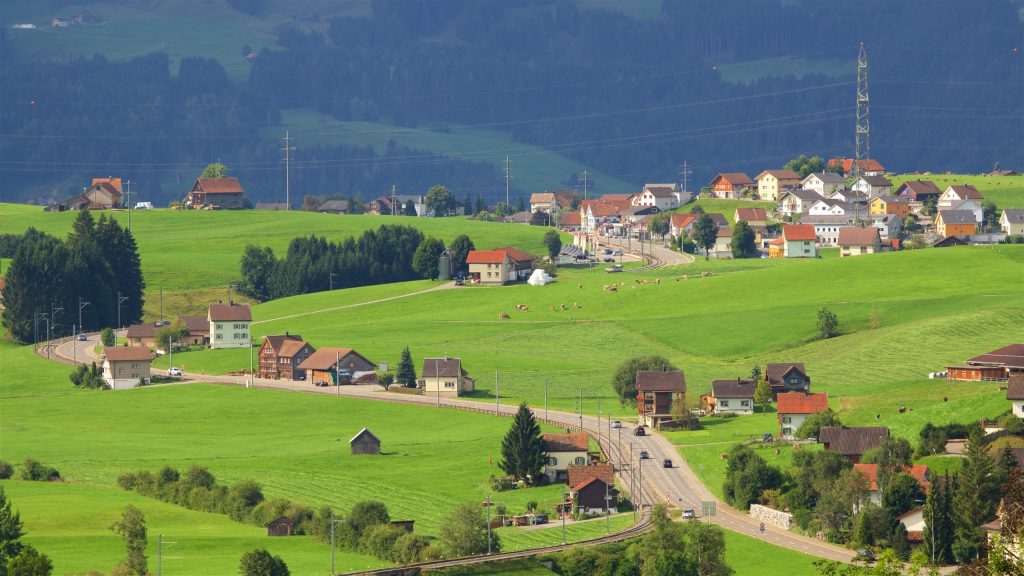Appenzell Ausserrhoden is a canton located in northeast Switzerland with a rich cultural heritage and history. The region has a long tradition of folk culture and has been shaped by its unique geography, with isolated valleys and small communities influencing the development of local customs and traditions.
The history of Appenzell Ausserrhoden dates back to the medieval period, with the canton being founded in 1597. During this time, the region was known for its wool production and was one of the most important centers of cloth production in Europe. Over time, the canton evolved into a center for dairy farming and livestock production, which remain important industries to this day.
In terms of cultural heritage, Appenzell Ausserrhoden is famous for its traditional folk music, dance and costumes. The region is also known for its festivals and events, including the Appenzell Alphorn Festival, the National Swiss Wrestling and Alpine Games, and the Appenzell Folk Festival. These events showcase the traditional culture and heritage of the canton and are a major tourist attraction.
The people of Appenzell Ausserrhoden take pride in their cultural heritage and traditions, and many local residents continue to practice traditional crafts, such as wood carving and embroidery. The canton is also home to a number of museums and cultural centers, which preserve and showcase the region's rich cultural heritage for future generations.
In conclusion, Appenzell Ausserrhoden has a rich cultural heritage and history, shaped by its unique geography and traditions. The region is famous for its traditional folk culture, festivals, and events, and the local people take pride in their cultural heritage, preserving it for future generations.












